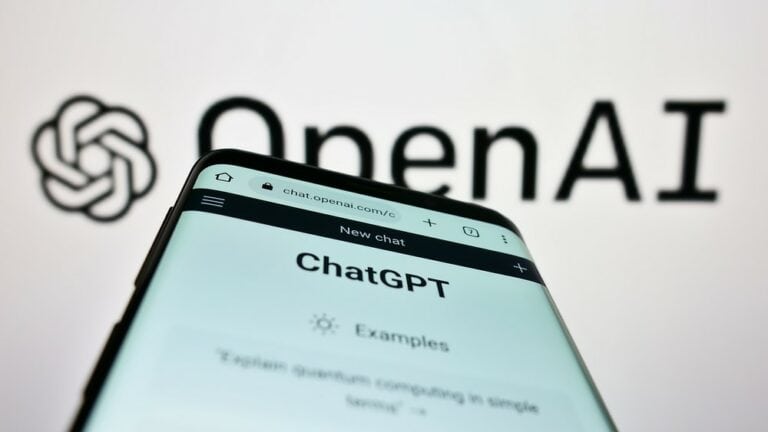The list of media companies who feel compelled to make deals with OpenAI over the use of their articles continues to grow. The latest ones are Vox, which includes the website of the same name, as well as The Verge and New York Magazine. The Atlantic has struck a deal as well. The latter is one of the oldest media companies in the US.
Other media companies who earlier decided to join the OpenAI bandwagon are News Corp. (The Wall Street Journal, The Daily Telegraph), French newspaper Le Monde, the Financial Times, news agency AP and Axel Springer (Bild, Die Welt, Politico). This means OpenAI can use the media companies’ content to train LLMs, most notably flagship GPT. Also, ChatGPT users may see content from these publications with the source cited in the future.
Not only traditional media are partnering with the company of Sam Altman and associates. The social media platform Reddit also made agreements with OpenAI, making two decades of user-generated content available. So did developer platform Stack Overflow.
An alternative to a lawsuit
The media companies’ decision to partner with OpenAI may have been motivated by the idea that it is better to jump on the AI train now than to start expensive and lengthy lawsuits for copyright infringement.
The Atlantic has stipulated that AI responses to prompts containing the company’s information will at least link to the original. That’s according to its own statement. The Atlantic will also get access to certain tech, presumably to improve its own products.
‘Faustian bargain’
Not everyone at The Atlantic seems to applaud the deal, previously journalists there called it a ‘Faustian bargain’ and a ‘huge mistake’. Vox is said to have struck a similar deal, SiliconAngle reports. OpenAI may scrape content there too, in exchange for technological boons.
The earlier deal with News Corp., owned by the high-profile Rupert Murdoch, was worth 250 billion dollars. The deal with the Financial Times earned the media company between 5 million and 10 million dollar. What OpenAi paid for using material from Vox and The Atlantic was not disclosed.
OpenAI has long been criticized for using internet-based information to train models and generate responses without owning the original articles, blogs, and other coverage. The company has previously been sued by a group of American ‘traditional’ media outlets, including the Chicago Tribune newspaper.
Copyright infringement
The New York Times also sued both OpenAI and Microsoft for copyright infringement, the latter having a significant stake in the AI company. According to the news organization, the companies use models trained on millions of NYT articles. The newspaper further shared its own report allegedly showing that OpenAI analyzed millions of hours of YouTube videos, possibly violating the platform’s terms and conditions.
In many cases, the deals seem to have different terms depending on the interests of both companies. In the case of Axel Springer, it is a multi-year partnership that is not exclusive. That is, the group may also partner with other AI companies. The deal with News Corp. is said to be much broader in scope. OpenAI would get virtually unlimited access to content, even if that content is paywalled for ordinary internet users.
Also read: Actress Scarlett Johansson claims OpenAI chatbot voice is ‘eerily similar’ to her own
